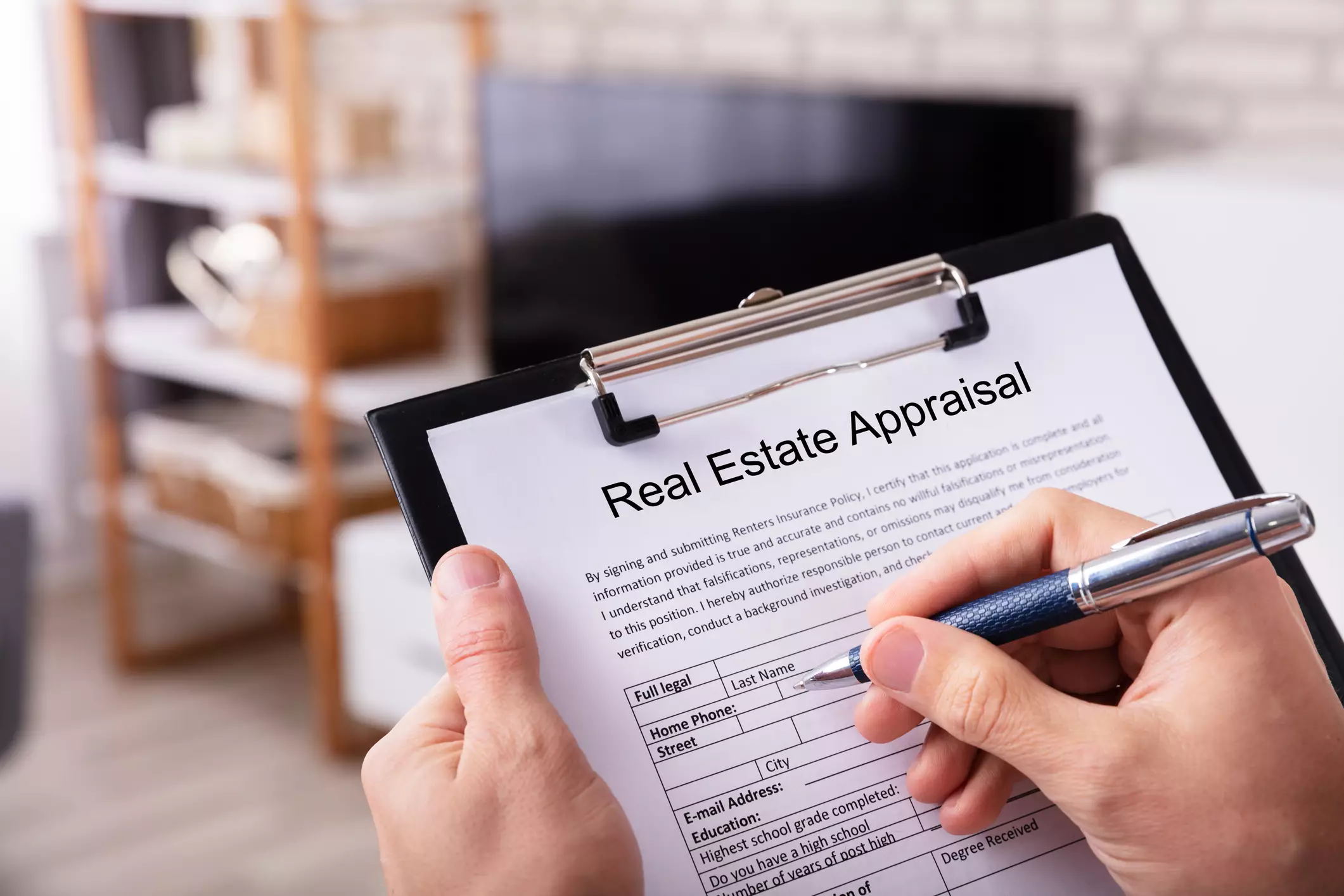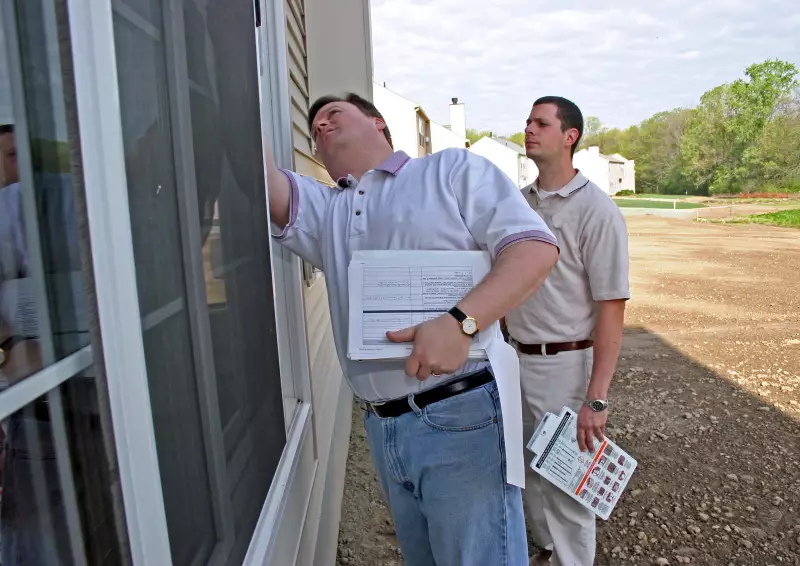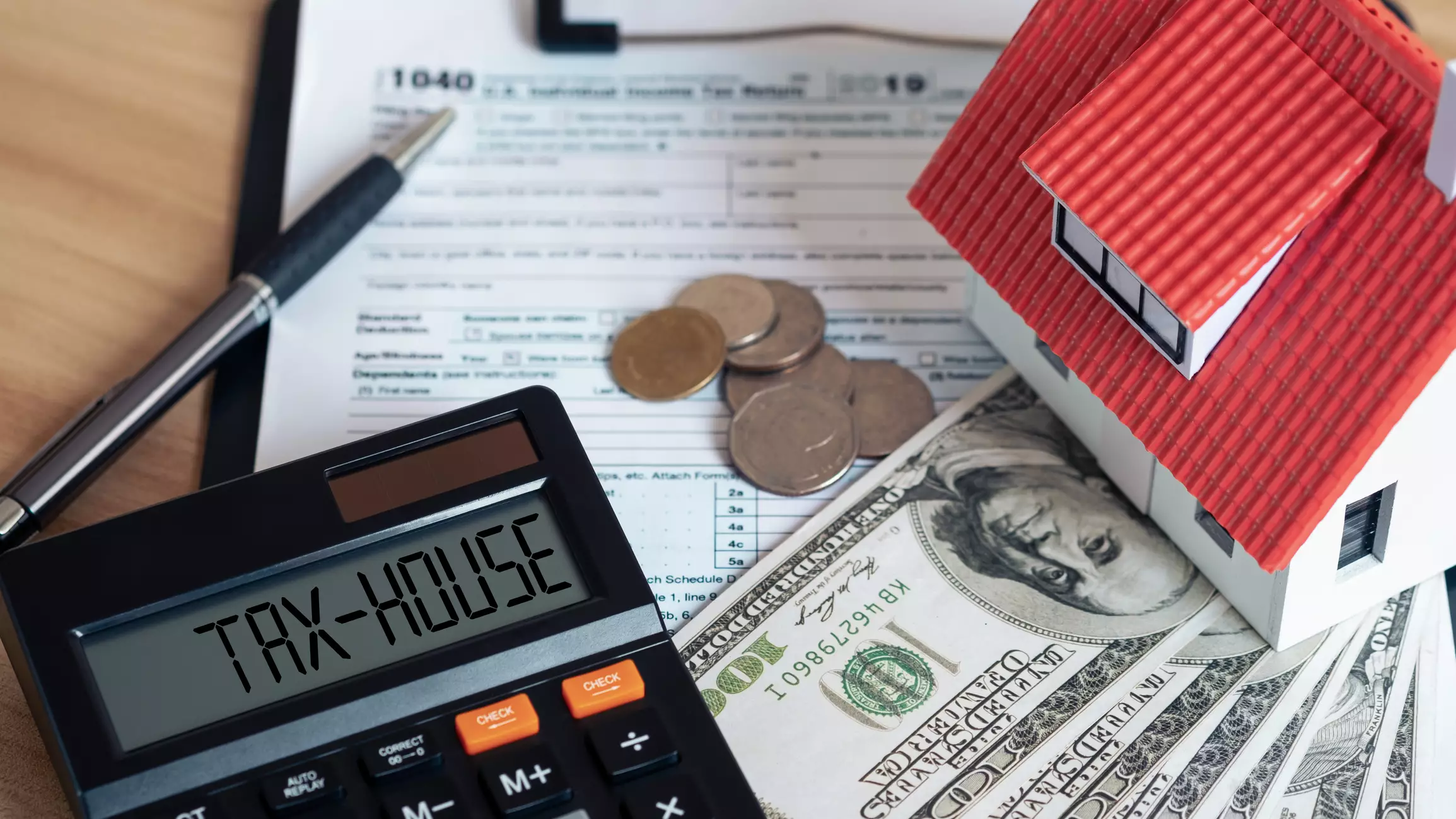How Long Does a Home Appraisal Take

Table of Contents
- How Long Does a Home Appraisal Take
- How To Get an Appraisal for a House
- Choose a Qualified, Licensed Appraiser:
- Schedule the Inspection
- Wait for the Report
- Should I Get an Appraisal Before Selling My House?
- Pros
- Cons
- Should I Get an Appraisal Before Buying a House?
- Tips to Speed Up the Appraisal Process
Every real estate transaction hinges on one pivotal document: the home appraisal. Whether you're a buyer anxiously counting down the days to closing or a homeowner prepping to list your property, understanding how long it takes to get an appraisal back can help you plan and avoid costly delays.
An accurate, timely appraisal does more than satisfy your mortgage company; it sets realistic expectations for buyers and sellers. For buyers, it confirms whether you’re making a sound investment at the agreed price. For sellers, it helps you avoid underpricing or overpricing your home, both of which may stall a sale.
In most markets, you can expect an appraisal report within 5 to 10 business days after the appraisal visits your home. However, local demand, property complexity, and lender requirements can speed things up or slow them down.
This guide aims to walk you through the appraisal process step by step, explain why each step matters, and answer your top questions, like "should you get an appraisal before putting your house on the market?". Or can you request a rush appraisal if you are on a tight timeline?
How To Get an Appraisal for a House
Whether you’re refinancing, selling, or simply curious about your home’s market value, knowing how to get an appraisal for a house is the first step toward making informed decisions. An appraisal provides unbiased, professional estimates of your property’s worth, helping lenders set loan amounts, guiding sellers on listing prices, and empowering homeowners with confidence.
When you apply for a mortgage or refinance, your lender typically orders the appraisal to protect its investment. Usually, they select an independent, state-licensed appraiser from an approved panel. The lender covers the cost, which you ultimately pay, and receives the final report directly.
However, homeowners or sellers may also order an appraisal privately, usually for estate planning, tax assessments, or pre-listing evaluations. You may contact an appraiser directly, negotiate the fee, and receive the full report. This option gives you control over timing and the ability to shop for competitive pricing.
Choose a Qualified, Licensed Appraiser:
- Look for state-certified appraisers through your state real estate commission or appraisal boards.
- Ensure they have membership with professional bodies, like the Appraisal Institute, with MAI or SRA designations.
- Where possible, use local licensed appraisers familiar with your neighborhood; they tend to deliver more accurate and comparable analyses.
- Request and compare fees and turnaround times from 2-3 appraisers.
Schedule the Inspection
- Appraisers usually book within 3-7 days, depending on how busy the market is.
- Provide the appraiser with keys or lockbox codes, utility access, and any recent renovation details or permits.
- Prepare your home. Clean and declutter where necessary. Be sure to highlight upgrades, such as a new roof, kitchen remodel, or HVAC replacement, with receipts and warranty documents. Provide floor plans or permits for unpermitted work.
Wait for the Report
You’ll usually receive the completed appraisal within 5-10 business days after the inspection. Generally, the report contains
- The final opinion of value, which is the “fair market value” estimate
- Detailed analysis of 3-5 comparable homes
- Replacement-cost estimates and potential rental income analysis
- Visual documentation of your home’s condition and layout
During the appraisal, the appraiser measures living areas, notes lot size, and inspects structural conditions. Using recent sales or similar properties in your area, the appraiser adjusts for differences in size, condition, and amenities to conduct comparable sales research. They also conduct market analysis using local trends to help estimate the final market value for the property.
Should I Get an Appraisal Before Selling My House?
Deciding on the right listing price can make or break your home sale. One tool many sellers consider is a professional appraisal. But what are the benefits and drawbacks, and should I get an appraisal before selling my house? Let's explore.
Pros
- Getting an appraisal sets a competitive price. An appraiser’s unbiased market analysis helps you pinpoint a realistic value based on recent comparable sales, local trends, and your home’s unique features.
- It helps you avoid underpricing. Pricing your home too low leaves money on the table. Getting an appraisal ensures you capture the full market value of upgrades or remodeling work that might have been overlooked.
- It strengthens negotiations. You can present the appraisal report as evidence of your asking price when buyers try to negotiate a lower price.
- Appraisal reports in your listing package or during showings signal to buyers that you are transparent, helping them trust that they are making a wise investment.
Cons
- There are upfront costs associated with engaging a professional appraiser. Usually, a typical residential appraisal ranges from $300 to $500, which you pay out of pocket before selling.
- Real estate markets can shift quickly. An appraisal done 30-60 days before listing may become outdated if interest rates or buyer demands change.
- Conducting an appraisal may cause potential price fixing. Some buyers may assume that the appraisal price is the absolute market price and may be willing to pay more if you push the price slightly higher.
- The buyer's lenders will still order their own appraisal, and are more inclined to trust their lender’s appraisal than yours.
An up-front appraisal pays off in the following scenarios:
- You are selling FSBO (For Sale By Owner). Without a realtor’s comparative market analysis, an appraisal gives credible pricing leverage.
- Your home is unique or contains custom properties. Historical homes, luxury estates, or homes with specialized features, such as green-building certifications, private docks, or vineyards, may be hard to value using standard comparisons.
- The market is slow or shifting. Where there are more homes for sale than buyers or in areas with volatile prices, an appraisal provides data justifying your price when demand is low.
- You are risk-averse about overpricing or underpricing. The appraisal may help you get clarity on the actual market value, giving you confidence in your asking price.
Should I Get an Appraisal Before Buying a House?
Purchasing a home is likely one of the largest investments you’ll make, and ensuring you pay a fair price is crucial. While your lender almost always orders an appraisal, you may wonder: “Should I get an appraisal before buying a house on my own dime?" Let’s break down instances where you may consider a separate appraisal independent of your lender.
You are buying with cash. In cash purchases, there is no lender safeguard or mandatory appraisal. A private appraisal helps you avoid overpaying. Also, you have concerns about overpaying. In competitive markets, buyers easily get caught in bidding wars. Conducting an independent appraisal helps verify that your final offer remains close to the fair market value.
Similarly, you may consider a separate appraisal when the property is an investment property, and investors need precise valuations to calculate their return on investment (ROI), potential rental income, or renovation budgets. A dedicated appraisal provides you with a detailed, impartial assessment that helps investors make smarter, data-driven decisions while reducing financial risk.
Lastly, unique or distressed properties may require you to engage the services of a professional appraiser. Uncommon builds, homes with custom architecture or unusual layouts, or homes with significant wear and tear may be tricky to price using standard comparable sales. Conducting an independent appraisal may accurately evaluate the home’s unique elements, ensuring you’re not undervaluing a custom-built home or overpricing one that requires major repairs.
Tips to Speed Up the Appraisal Process

Waiting weeks for a home appraisal may delay closings, spike loan rates, and even kill deals. While some factors, like appraiser availability, may be out of your control, there are steps you can take to speed up the appraisal process and keep your transaction on track.
Prepare the property in advance. Deep clean and declutter where necessary. A tidy and organized home makes it easier for the appraiser to measure rooms, inspect finishes, and verify conditions without hunting for space or moving through piled-up belongings.
Provide full access to the property. Ensure appraisers can access attics, crawl spaces, and electrical panels. Unlock gates, garage doors, utility rooms, and locked closets or outbuildings. Label important mechanical components like circuit breaker panels and shut-off valves to save time. In addition, highlight key features by providing a list of recent upgrades and all relevant documents, like warranties or manuals, to help the appraiser understand the full value of your home improvements.
Provide complete documentation. Accurate documentation helps the appraiser accurately assess your home's value without delays. Include permits and final inspection reports for all additions or major remodels to verify the work was approved and completed to code. Share receipts or invoices for high-cost upgrades like solar panels, granite countertops, or hardwood floors to confirm quality and investment value. If your home is part of a Homeowners Association, provide key documents, such as budgets and details of upcoming fees or assessments. These may affect the property’s appeal and market value.
Communicate with your realtor and loan officer. They can help prioritize scheduling and may recommend appraisers known for speed and reliability. Where possible, choose an experienced appraiser familiar with your neighborhood. They usually have a better understanding of local market trends. Finally, ensure you are easily reachable for follow-up questions to prevent delays.
Search Property & Deed Records
Table of Contents
- How Long Does a Home Appraisal Take
- How To Get an Appraisal for a House
- Choose a Qualified, Licensed Appraiser:
- Schedule the Inspection
- Wait for the Report
- Should I Get an Appraisal Before Selling My House?
- Pros
- Cons
- Should I Get an Appraisal Before Buying a House?
- Tips to Speed Up the Appraisal Process










